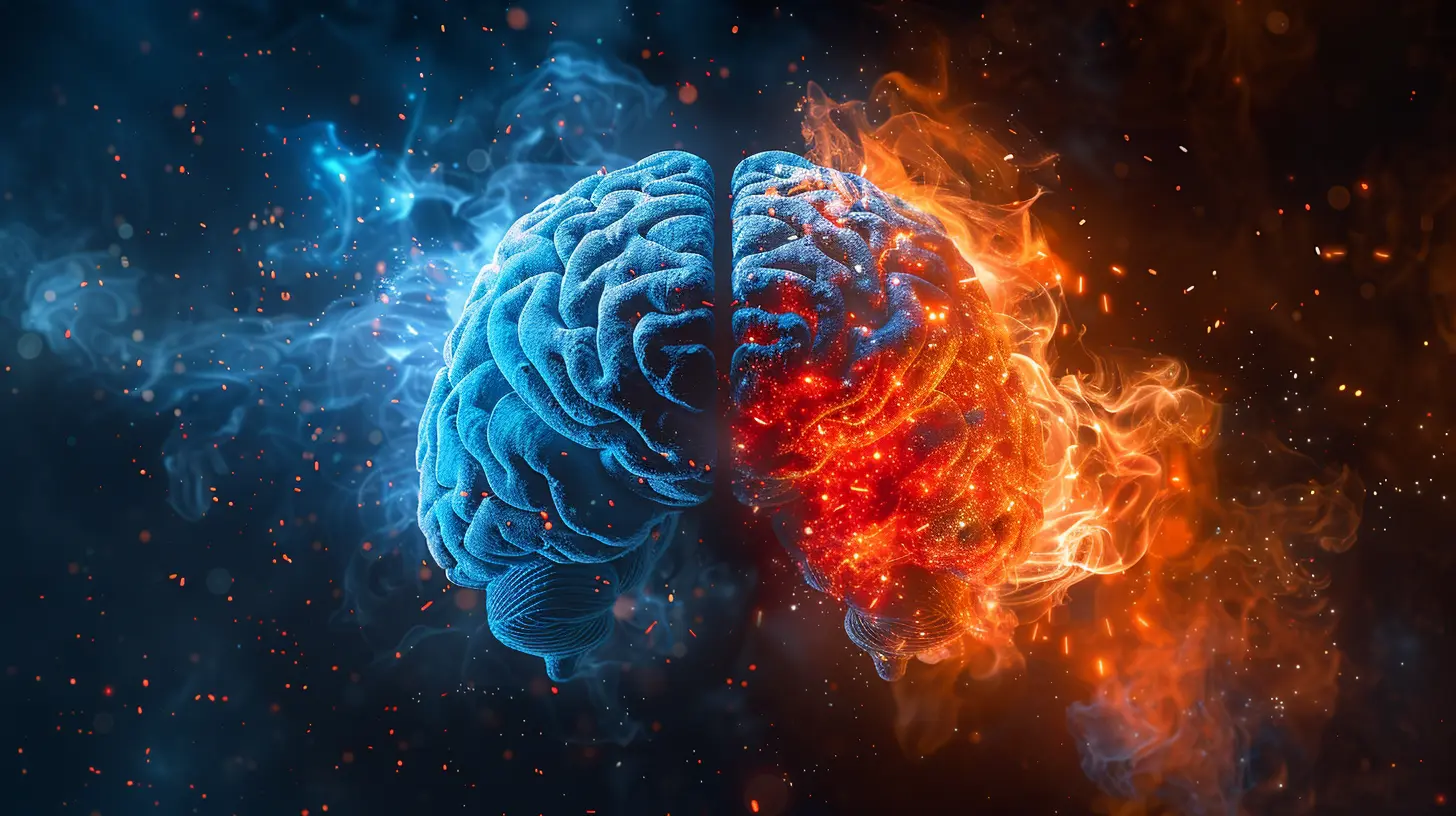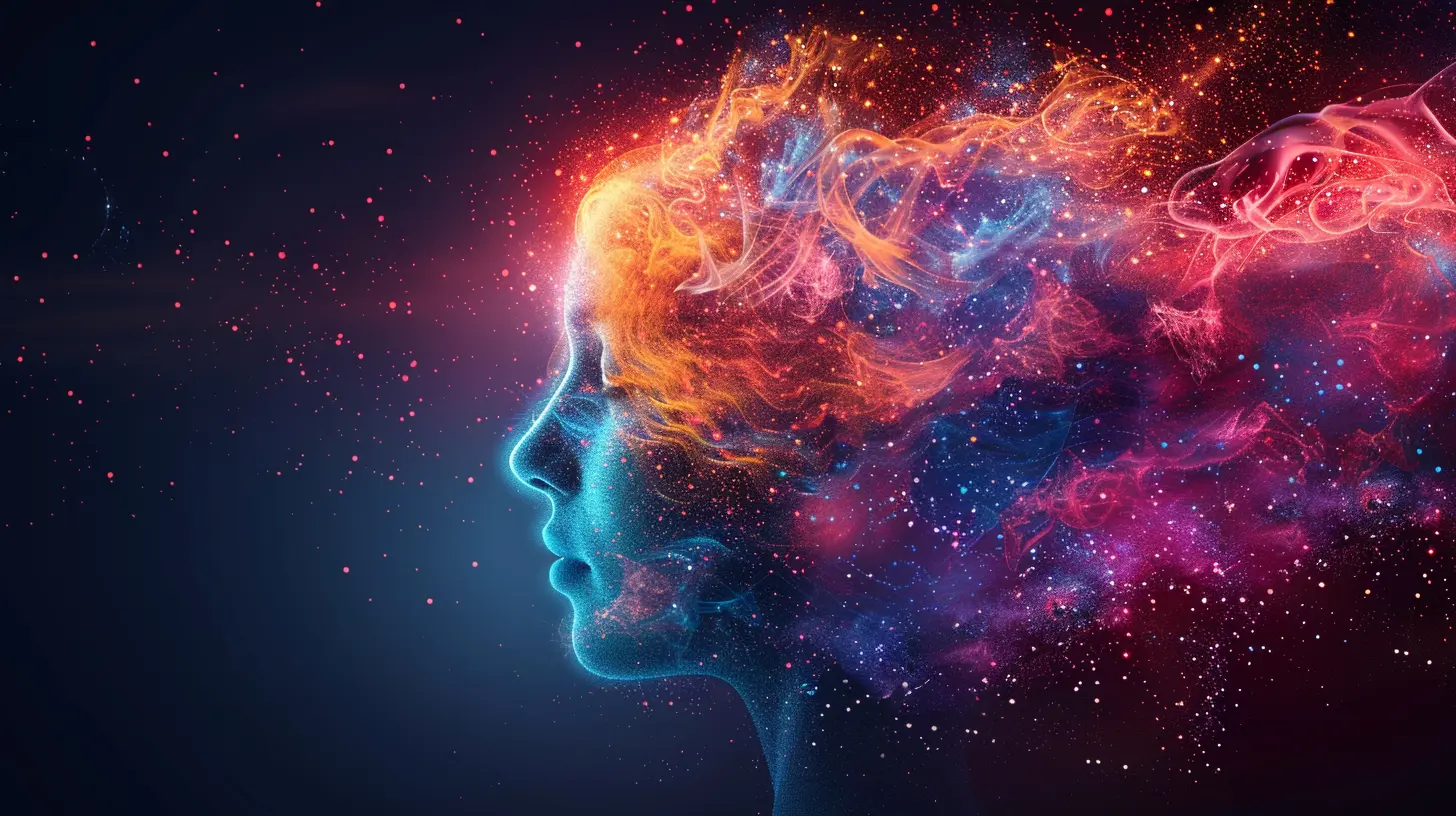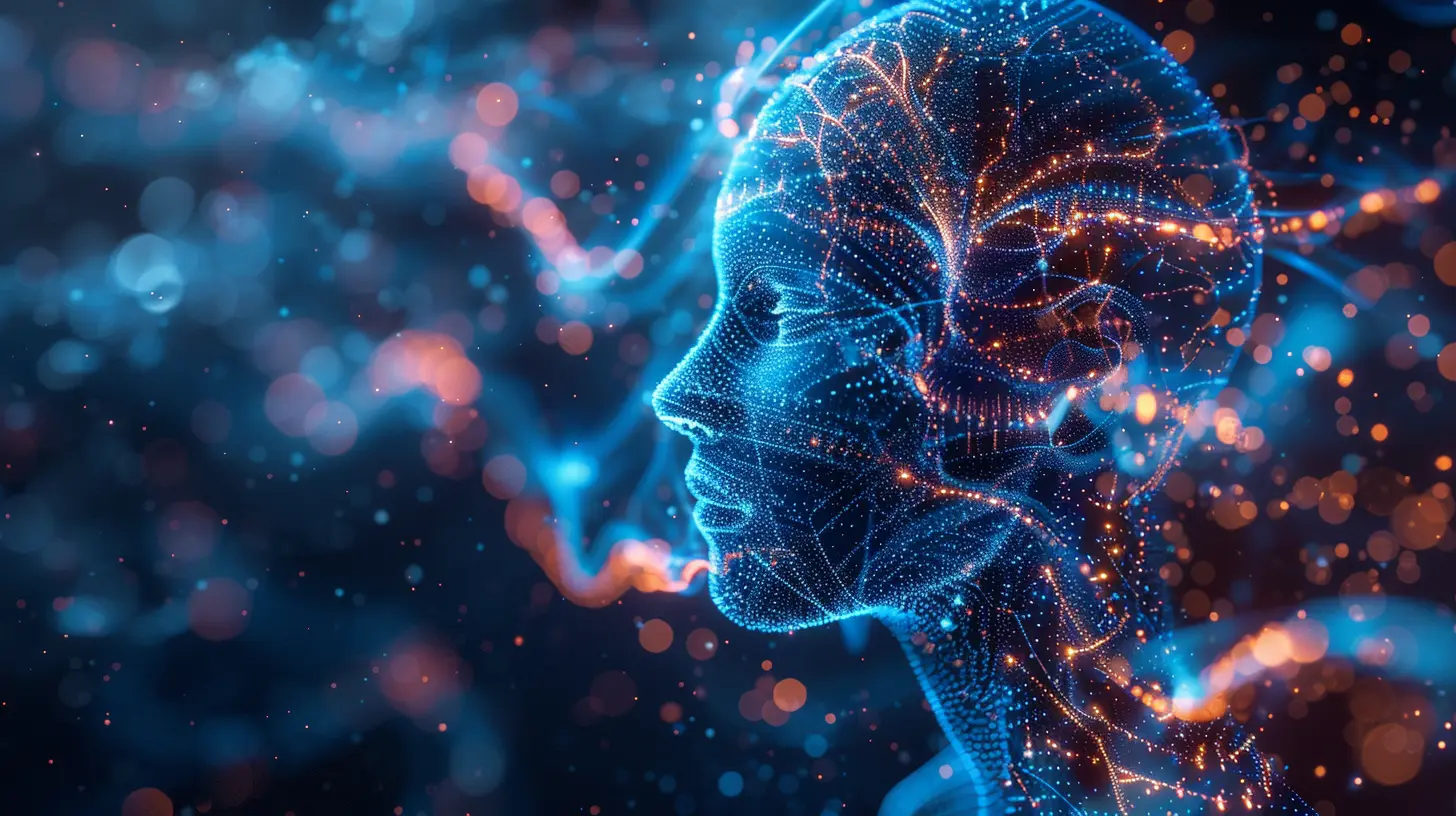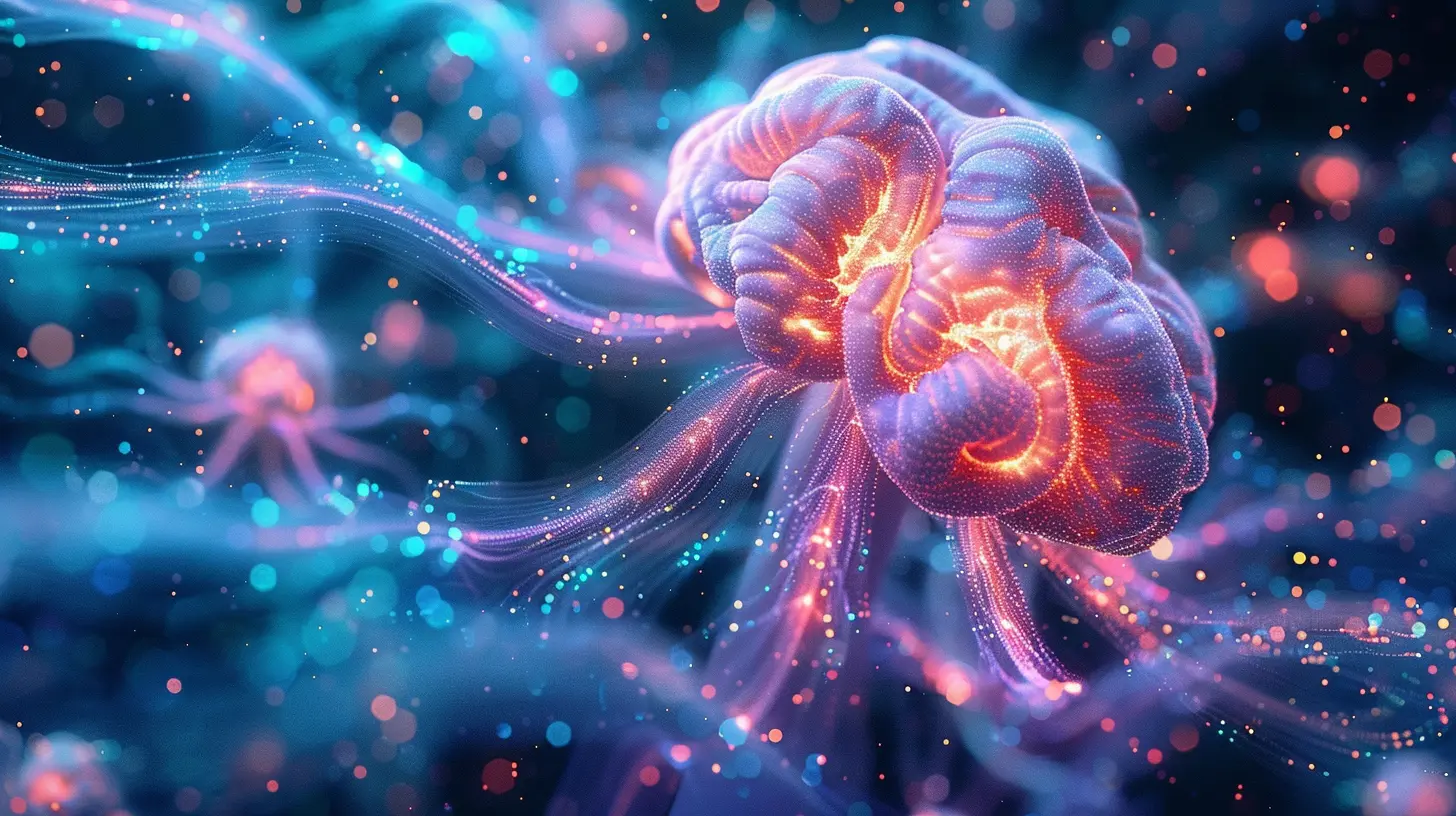4 April 2025
Emotional intelligence (EI) is what helps you navigate social interactions, manage your emotions, and respond effectively to life's challenges. But did you know that neurotransmitters—those tiny chemical messengers in your brain—play a huge role in how emotionally intelligent you are?
When you feel happy, angry, anxious, or calm, it's all thanks to neurotransmitters working behind the scenes. They're like the unsung heroes of your emotions, silently influencing how you think, feel, and react. Let’s dive into how these brain chemicals shape your emotional intelligence and what you can do to optimize them.

Understanding Neurotransmitters and Their Role in EI
Neurotransmitters are chemical messengers that allow nerve cells (neurons) in the brain to communicate. They influence everything from mood and motivation to stress and decision-making. When neurotransmitter levels are balanced, you feel emotionally stable and resilient. But if they're out of sync, you might struggle with mood swings, anxiety, or even low emotional intelligence.Here’s a closer look at some key neurotransmitters and how they contribute to emotional intelligence:

1. Dopamine: The Reward and Motivation Booster
Dopamine is often dubbed the "feel-good" neurotransmitter because it’s linked to pleasure, motivation, and reward. It plays a key role in emotional intelligence by helping you stay motivated, make decisions, and anticipate rewards.How Dopamine Affects EI:
- Encourages motivation and goal-setting- Boosts focus and cognitive flexibility
- Enhances social interactions by increasing feelings of pleasure
- Helps with emotional regulation and decision-making
Ways to Boost Dopamine Naturally:
- Set and achieve small goals (your brain loves checking things off a list!)- Exercise regularly – physical activity releases dopamine
- Eat protein-rich foods (like eggs, fish, and dairy)
- Practice gratitude, as it reinforces positive neural pathways
2. Serotonin: The Mood Stabilizer
Serotonin is your brain’s natural mood stabilizer. It plays a crucial role in maintaining a balanced emotional state and promoting feelings of well-being.How Serotonin Affects EI:
- Keeps emotions balanced and under control- Enhances social behaviors like empathy and cooperation
- Reduces aggression and impulsivity
- Helps manage anxiety and depression
How to Increase Serotonin Levels Naturally:
- Get plenty of sunlight (your skin produces serotonin in response to sunlight)- Practice mindfulness and meditation
- Eat healthy carbs (such as whole grains, fruits, and vegetables)
- Stay socially connected – strong relationships boost serotonin levels
3. Oxytocin: The Bonding and Trust Hormone
Often called the "love hormone," oxytocin strengthens emotional connections and trust. It's released during activities like hugging, social bonding, and even petting animals.How Oxytocin Affects EI:
- Promotes trust and cooperation- Strengthens emotional bonds with others
- Reduces fear and enhances social confidence
- Encourages empathy and compassion
How to Boost Oxytocin Naturally:
- Engage in meaningful conversations and deep connections- Hug your loved ones or cuddle with pets
- Practice acts of kindness and generosity
- Spend quality time with friends and family
4. Cortisol: The Stress Regulator
Cortisol is the body’s primary stress hormone. While it's essential for survival, chronically high cortisol levels can hurt emotional intelligence by making you more reactive, anxious, or overwhelmed.How Cortisol Affects EI:
- Helps manage stress in moderation- Excess levels can lead to emotional outbursts and poor impulse control
- Impacts memory and concentration when too high
- Can make it harder to build strong relationships
How to Lower Cortisol Naturally:
- Get enough sleep (a well-rested brain handles stress better)- Practice deep breathing or relaxation techniques
- Reduce caffeine and sugar intake
- Engage in regular physical activity
5. GABA (Gamma-Aminobutyric Acid): The Calming Agent
GABA is a neurotransmitter that helps slow down brain activity, promoting relaxation and calmness. It acts like a brake pedal, preventing you from becoming overly overwhelmed or anxious.How GABA Affects EI:
- Reduces anxiety and stress responses- Helps with emotional regulation
- Promotes better sleep and relaxation
- Enhances focus by calming an overactive mind
Ways to Increase GABA Naturally:
- Practice yoga or meditation- Drink herbal teas like chamomile and green tea
- Consume foods high in magnesium (like nuts, seeds, and leafy greens)
- Try deep breathing exercises
6. Endorphins: The Natural Painkillers and Mood Lifters
Endorphins are your body's natural pain relievers. They're released during exercise, laughter, and enjoyable activities, making them a key player in emotional well-being.How Endorphins Affect EI:
- Elevate mood and reduce stress- Help manage emotional pain and resilience
- Encourage positive social interactions
- Increase feelings of happiness and positivity
Ways to Boost Endorphins Naturally:
- Laugh often (watch a funny movie or spend time with fun-loving friends)- Exercise regularly – even a brisk walk can help
- Listen to music that makes you feel good
- Eat dark chocolate (yes, chocolate can make you happy!)

How Neurotransmitters Shape Emotional Intelligence
Now that we've explored these neurotransmitters, it’s clear they play a huge role in your emotional intelligence. They determine how well you manage emotions, interact with others, and navigate stress.Think of your brain as a symphony orchestra. When all the instruments (neurotransmitters) are in tune, the music (your emotions and interactions) flows smoothly. But if just one instrument is off-key, the whole performance can feel chaotic. That’s why maintaining neurotransmitter balance is key to emotional intelligence.
Practical Tips to Improve Emotional Intelligence Through Neurotransmitter Balance
If you want to boost your emotional intelligence, here are some practical steps to optimize your neurotransmitters:- Prioritize Sleep – Sleep is essential for neurotransmitter replenishment. Aim for at least 7-8 hours per night.
- Eat a Brain-Healthy Diet – Nutrient-rich foods support neurotransmitter production. Include protein, healthy fats, and complex carbs in your meals.
- Exercise Regularly – Movement increases dopamine, serotonin, and endorphins, helping regulate emotions.
- Practice Mindfulness and Meditation – These activities boost serotonin and GABA, reducing stress and improving EI.
- Foster Strong Relationships – Social connections stimulate oxytocin, enhancing trust and emotional resilience.
- Manage Stress Effectively – High cortisol levels can sabotage emotional intelligence, so practice relaxation techniques like deep breathing or journaling.

Final Thoughts
Your emotional intelligence isn't just about willpower—it’s deeply connected to your brain chemistry. By understanding and supporting your neurotransmitters, you can enhance your ability to manage emotions, connect with others, and navigate challenges with confidence.So, the next time you feel stressed, happy, or overwhelmed, remember—it’s not just “all in your head.” It’s in your brain chemistry too! Take care of your neurotransmitters, and they’ll take care of you.


